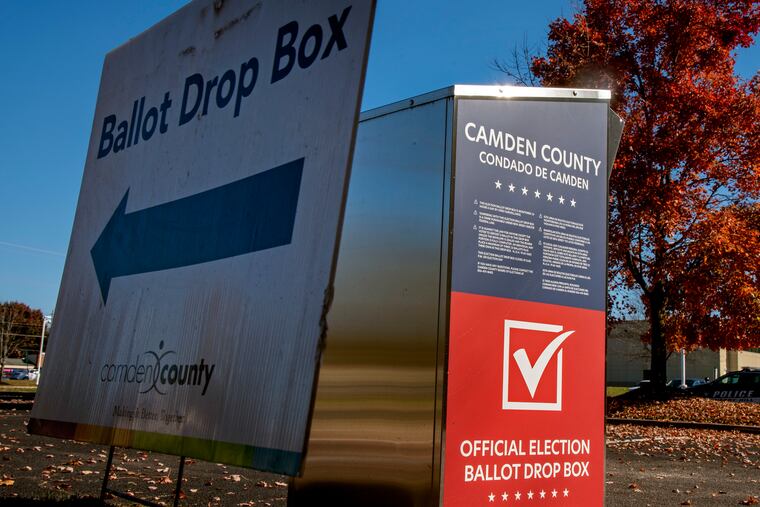New Jersey will allow 17-year-olds to vote in primary elections, starting in 2026
A new law in New Jersey allows 17-year-olds to vote in primaries if they'll be 18 in time for the general. But it doesn't take effect until Jan. 1, 2026.

Voting is an exciting first for 18-year-olds in the United States. But, like in most states, New Jersey teens who turn 18 between the primary and general elections haven’t had a say over who from their party ends up on the ballot.
That will change come Jan. 1, 2026, when the New Voter Empowerment Act takes effect. Signed by Gov. Phil Murphy on Thursday, the law will allow 17-year olds to vote in primary elections as long as they turn 18 on or by the following general election.
The effort, which dates back to 2020 in the state legislature, was sponsored by 11 Democrats and one Republican — Rep. Aura Dunn, of Morris County.
“To strengthen our democracy, we must ensure that all eligible voters can participate in it,” said Murphy, a two-term Democrat. “Across government, we see how the decisions we make today impact future generations. I am proud to sign legislation that expands access to the ballot box while engaging and empowering a new generation of voters.”
The change won’t take effect for two years, however, so the teens who could benefit from this law will miss participating in this year’s competitive senatorial primary for Sen. Bob Menendez’s seat, the presidential primaries, and the 2025 gubernatorial race. Democratic Sen. Corey Booker’s seat, however, will be up for election in 2026 when the law takes effect.
“Allowing young people who can vote in general elections to participate in primaries is a good way to keep them involved in the democratic process,” said New Jersey Senate President Nick Scutari. “They should know that they have a voice in determining their representatives in government and the public policies that will impact their lives and influence their future.”
The Garden State is following the lead of 20 states, which already have similar laws. Delaware and Maryland were the first to enact the policy back in 1972. Pennsylvania, on the other hand, requires voters to be 18 to vote in the primary.
Murphy touted the new law as another feather in his hat when it comes to expanding voter rights, pointing to automatic voter registration, in-person early voting, online voter registration and voting rights for people on probation and parole.